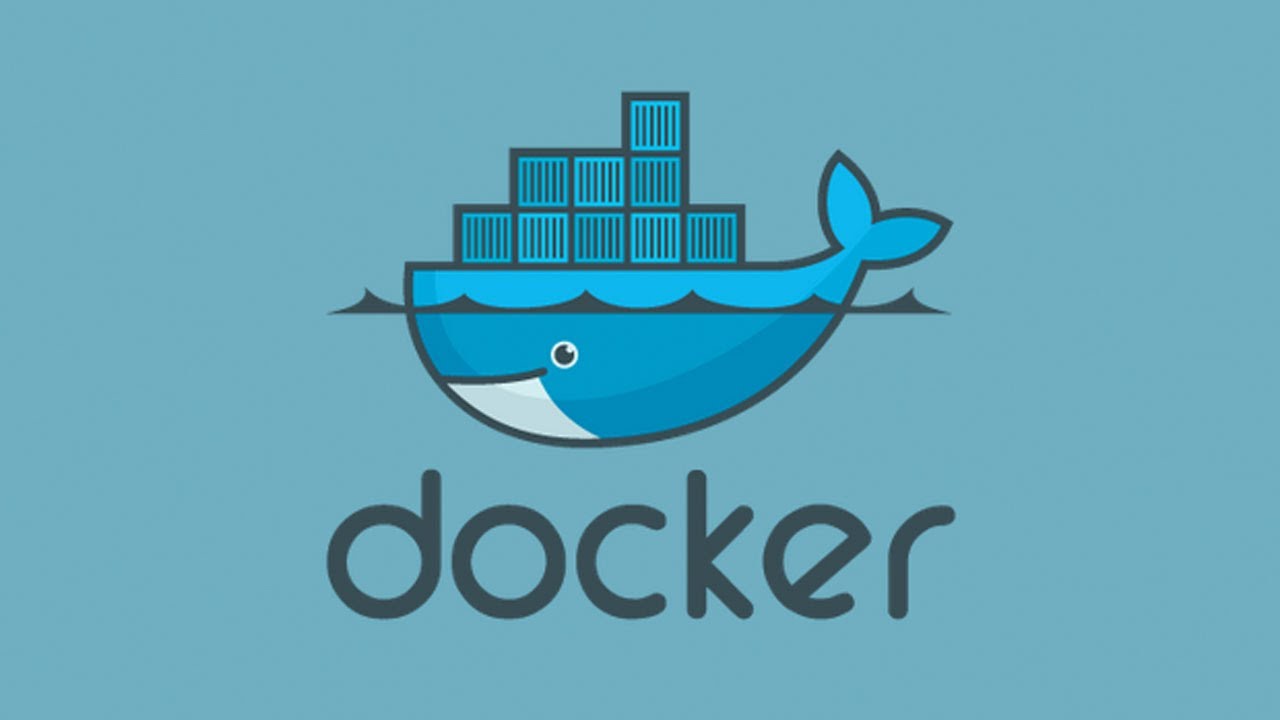Docker’s main differentiation from virtual machines (VMs) is a topic of frequent inquiry (virtual machine).
The virtual machine has become the standard for utilising the various advantages of cloud infrastructure. But suppose you could use something other than a virtual machine—something that was smaller, cheaper, and more scalable. Just this is what a Docker does. Docker is an environment for building distributed applications using containers. This article post compares and contrasts virtual machines and Docker containers.
What is a Virtual Machine?
A virtual machine (VM) is a system that can simulate a computer’s hardware and software environments. In layman’s terms, it allows for one computer to act as several virtual machines. Before the hardware can be virtualised, each virtual machine needs its own operating system.
What is Docker ?
Docker is a containerisation solution that streamlines the software development life cycle. It’s what holds an application and all of its prerequisites together inside of a container. Docker is simple to pick up and use!
How Docker Compares to Virtual Machines?

Now I’ll go out how Docker containers differ from virtual machines. Well, their operating system support, security, portability, and performance are the key distinctions. Therefore, let’s study each of these terms separately.
Operating System Support
The OS system support for virtual machines and Docker containers is very different. Virtual machines are bulky because each one runs its own guest operating system in addition to the host operating system. Docker containers, on the other hand, share the host operating system, which makes them lightweight. Since containers share the host OS, they are very small and may be launched in just a few seconds. As a result, managing containers requires a lot less effort than managing virtual machines.
When multiple processes from different applications need to use the same OS kernel, Docker containers are the way to go. However, virtual machines are vital if you need to deploy software or a server that is compatible with a number of different OSes.
Security
Since the host kernel isolates the virtual machine very well, there is no need for the virtual machine to share an OS. This means they provide a higher level of safety than Containers. Given that every container shares the same host kernel, there are a plethora of potential threats to data security.
Another issue is that an attacker who gains access to a single container in a docker cluster can then exploit all containers in the cluster because docker resources are shared and not namespaced. You can’t just grab whatever resources you want in a virtual machine; the hypervisor controls how they’re used.
Portability
Since Docker containers don’t have their own operating systems, they can be moved around with ease. When moved to a new OS, a container can be started up in seconds. In contrast, virtual machines have their own operating system, making virtual machine porting more hard than container porting, and virtual machine porting takes a lengthy time due to its size. For developers, Docker containers are helpful when building and testing applications on many platforms.
Performance
It would be inappropriate to compare virtual machines to Docker Containers because they were designed for distinct purposes. Docker, however, is preferable to virtual machines because of its lightweight architecture and low resource requirements. Because of this, containers are far quicker to start up than virtual computers, and their resource usage varies with the workload or volume of traffic within them.
Containers don’t need reserved resources to run like virtual machines do. Containers simplify scaling and duplication in comparison to virtual machines because they don’t require OS installation.
Conclusion
The differences between virtual machines and Docker containers are outlined in the table below.



![12 Best Valheim Server Hosting Providers in 2023 [Updated]](https://www.techgiant.net/wp-content/uploads/2022/09/main-324x160.jpg)